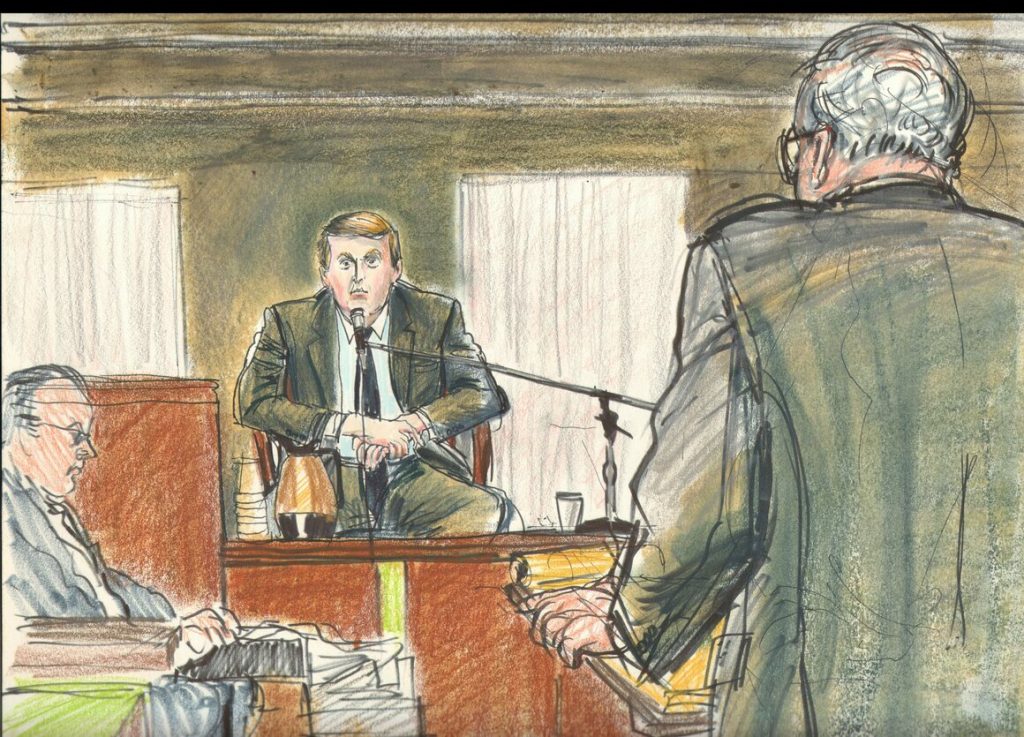
I like to think that preparing my client for defense cross examination at a deposition is important. I have sort of a standard set of instructions I give my clients about depositions and then work on the key facts of the case. I like to think in terms of themes to the case that can be regurgitated in a sentence and encapsulate the case. This takes a bit of work with the client and some back and forth practice. The critical part of every case is searching for statements made by my client, whether they remember them or not. Did you tell your physical therapist you felt great? Did you tell the police officer that you were switching lanes? Did you tell the ER doc that you were out drinking? The good, the bad, and the ugly should come out in prep so that I don’t have to say much in the deposition itself. I do not like to have to ask my clients questions at their depositions. I know that there is a school of thought that says that you should have your client at least audition or recount how this incident has altered their lives or destroyed who they were before the incident, but I feel like it opens too many doors for a semi-conscious defense lawyer to attack. This is especially true if the defense lawyer has missed key points in their questioning.
As with a lot of litigation, there are a lot of judgment calls made during depositions by both sides. If my client is too talkative, maybe the deposition concludes without any questions by me. If the defense lawyer obtained an admission that is significant, but was simply a misunderstanding by my client, I will go and fix that. Sometimes, clients are just very nervous and unable to display who they are as people and that situation requires more involvement by me to draw the person out and recount their story.
Regardless, the best clients are always the soft-spoken and seriously injured who have mostly healed, but will never be the same. Everyone on both sides knows that the case will settle and the question is for how much and when. The client’s demeanor helps push the case one way or the other. Is your client a nice family man, a church going grandma, a construction worker who can’t lift things again or a convicted felon?
